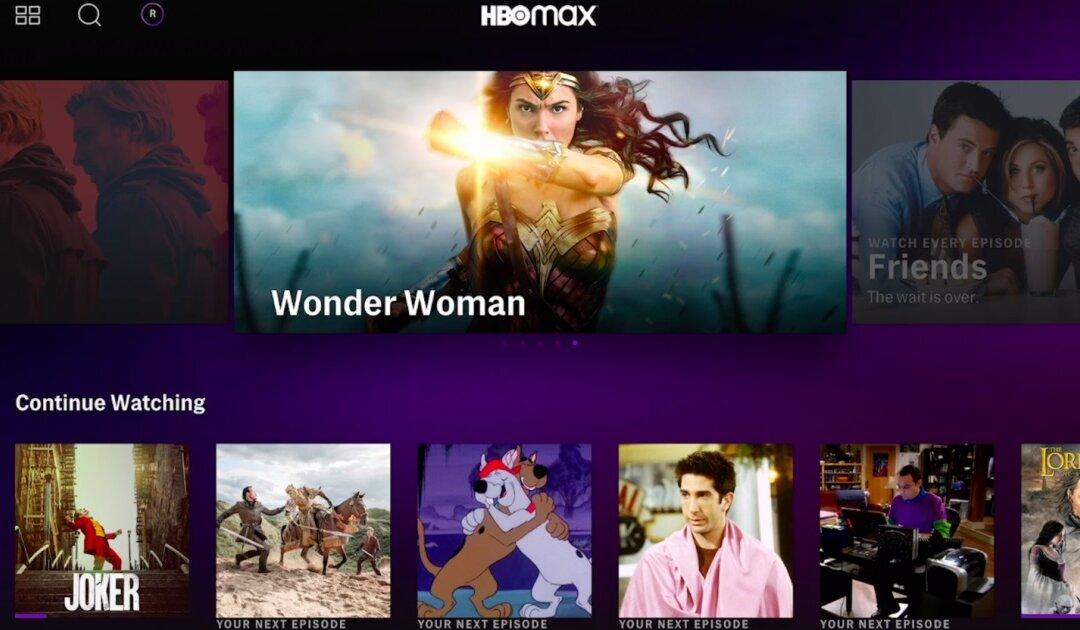HBO and HBO Max reported nearly 77 million total subscribers at the end of the first quarter of 2022, showing consistent and significant growth for the platforms at a time when their largest competitor, Netflix, has struggled to maintain growth.
According to the release by former HBO parent company AT&T, HBO has grown to 76.8 million subscribers, a 3 million subscriber increase from the previous quarter and a 12.8 million increase from last year’s first quarter.





